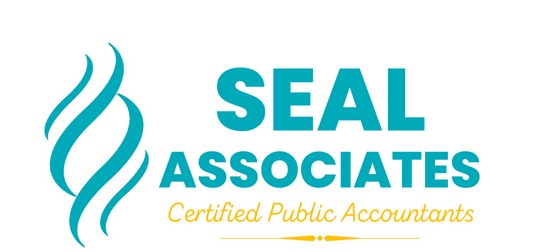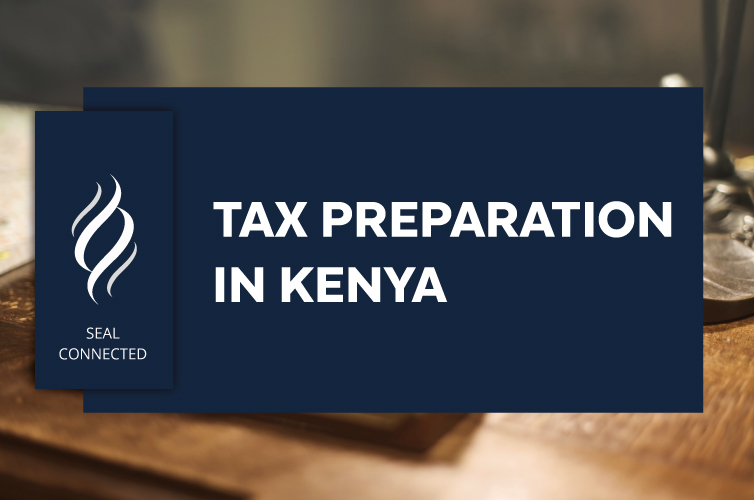Tax Preparation in Kenya

INTRODUCTION OF KRA eTIMS
March 21, 2023
Business Obligations in Kenya
March 22, 2023Tax preparation is an essential process that every business owner in Kenya must undertake. It involves computing and filing taxes with the Kenya Revenue Authority (KRA) to ensure compliance with tax laws. In this article, we will discuss the importance of tax preparation in Kenya and the steps involved in the process.
Why Is Tax Preparation Important?
Tax preparation is a critical aspect of running a business in Kenya. Failure to comply with tax regulations can result in severe penalties and legal consequences. The KRA has strict rules and regulations in place that businesses must adhere to. Failure to comply with these regulations can lead to hefty fines, interest on outstanding taxes, and even imprisonment.
Tax preparation also helps businesses to keep accurate financial records. By keeping track of all financial transactions, businesses can easily prepare their tax returns and ensure compliance with KRA regulations. Additionally, tax preparation helps businesses to minimize their tax liability by identifying tax deductions and credits that they are eligible for.
Steps Involved in Tax Preparation
Record Keeping: The first step in tax preparation is to keep accurate financial records. Businesses should maintain detailed records of all financial transactions, including sales, expenses, and receipts. Keeping track of these records throughout the year will make the tax preparation process more manageable.
Calculate Tax Liability: Once you have all your financial records in order, the next step is to calculate your tax liability. Businesses must calculate their tax liability accurately to avoid penalties and legal issues. This can be a complex process, and seeking professional assistance from tax experts can help ensure accuracy.
File Tax Returns: After computing the tax liability, businesses must file their tax returns with the KRA. Tax returns should be filed on time to avoid penalties and interest on outstanding taxes. Late filing of tax returns results to a penalty of Kshs. 20,000 for businesses, and KShs. 2,000 for individuals, late payment of taxes results to a penalty of 5% on the principal tax, and accumulated 1% interest which is accrued monthly until the principal amount is fully settled.
Payment of Taxes: Once the tax returns are filed, businesses must pay their taxes on time. Failure to pay taxes on time can result in penalties and interest on outstanding taxes. The KRA has several payment options, including M-Pesa, bank transfer, and cash payments at KRA offices.
Conclusion
In conclusion, tax preparation is a crucial process that every business owner in Kenya must undertake. It helps businesses to comply with KRA regulations, keep accurate financial records, and minimize their tax liability. Businesses must keep detailed financial records, calculate their tax liability accurately, file tax returns on time, and pay their taxes promptly to avoid penalties and legal consequences. Seeking professional assistance from tax experts can help make the tax preparation process more manageable and ensure compliance with KRA regulations.
Seal Connected Ventures Ltd is here to offer you all the necessary assistance when it comes to matters business tax preparation. Get in touch with us via call or email today for professional assistance.





